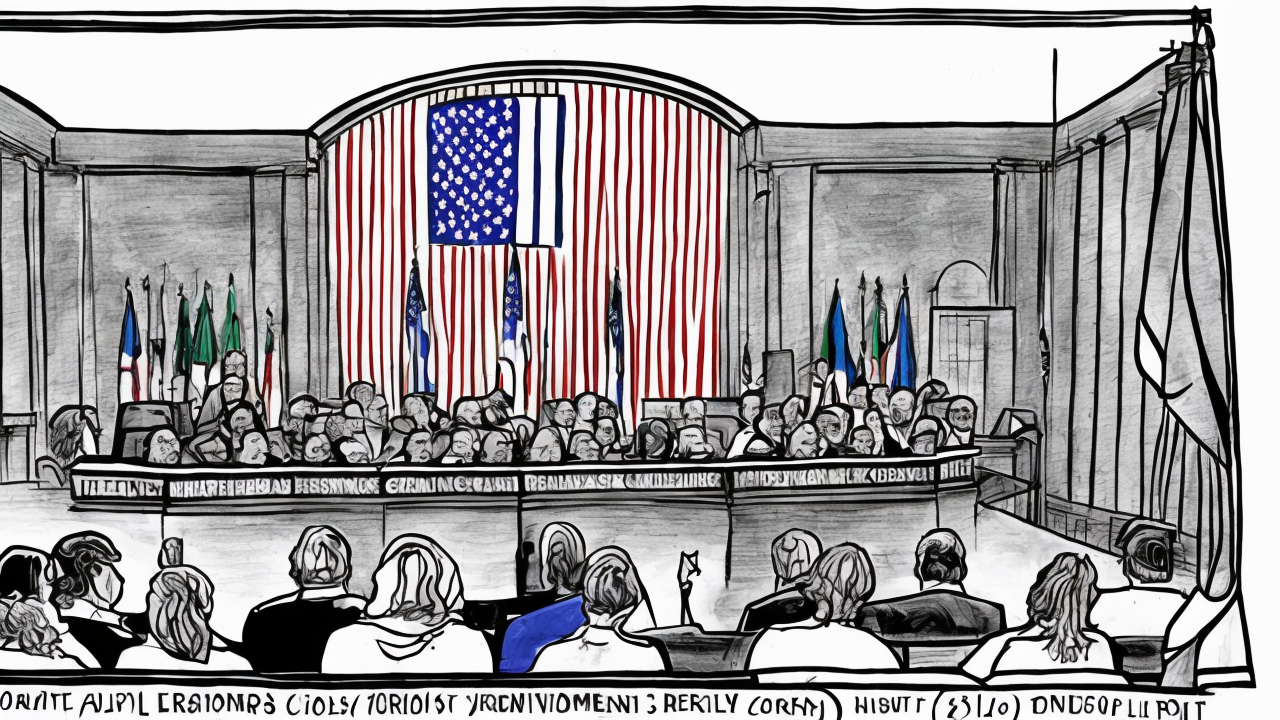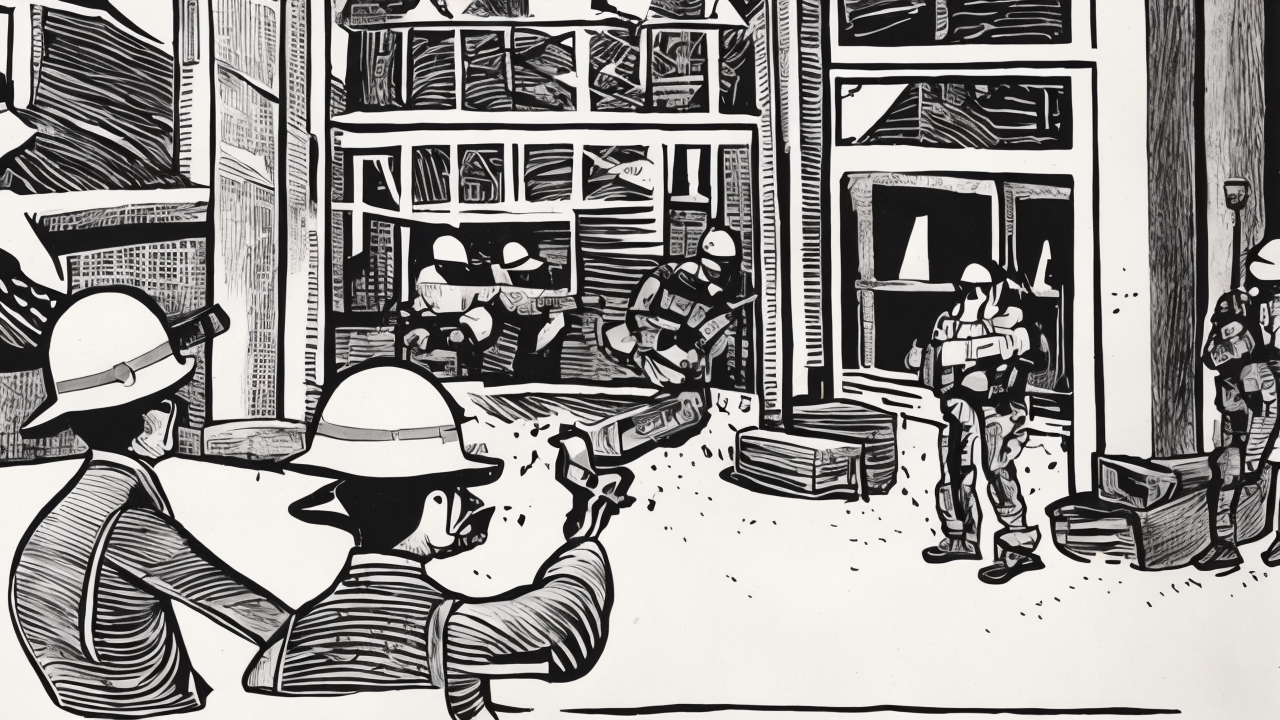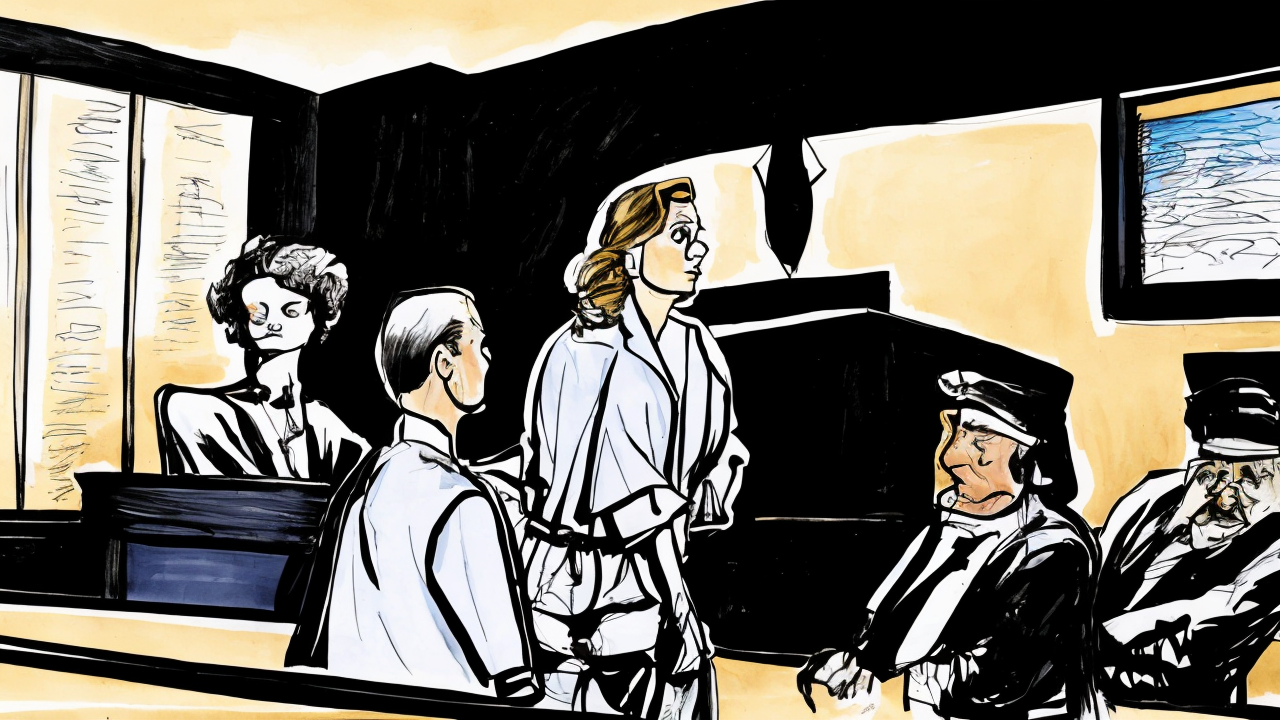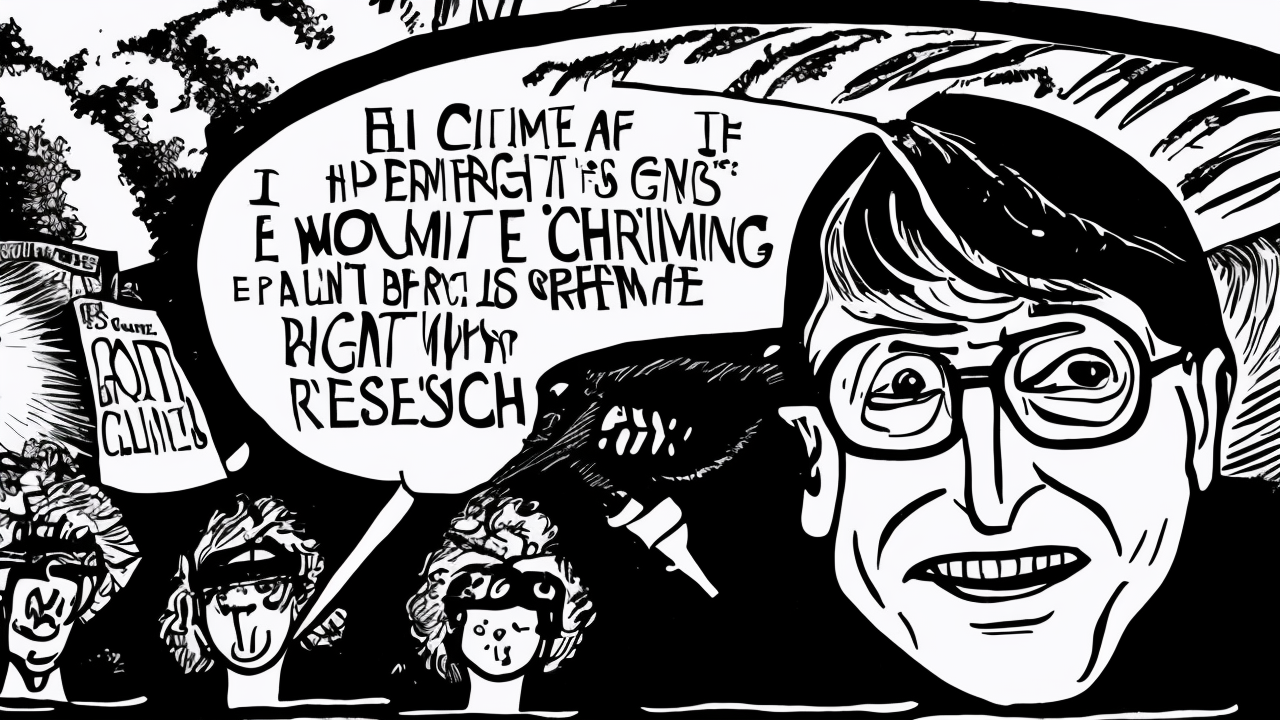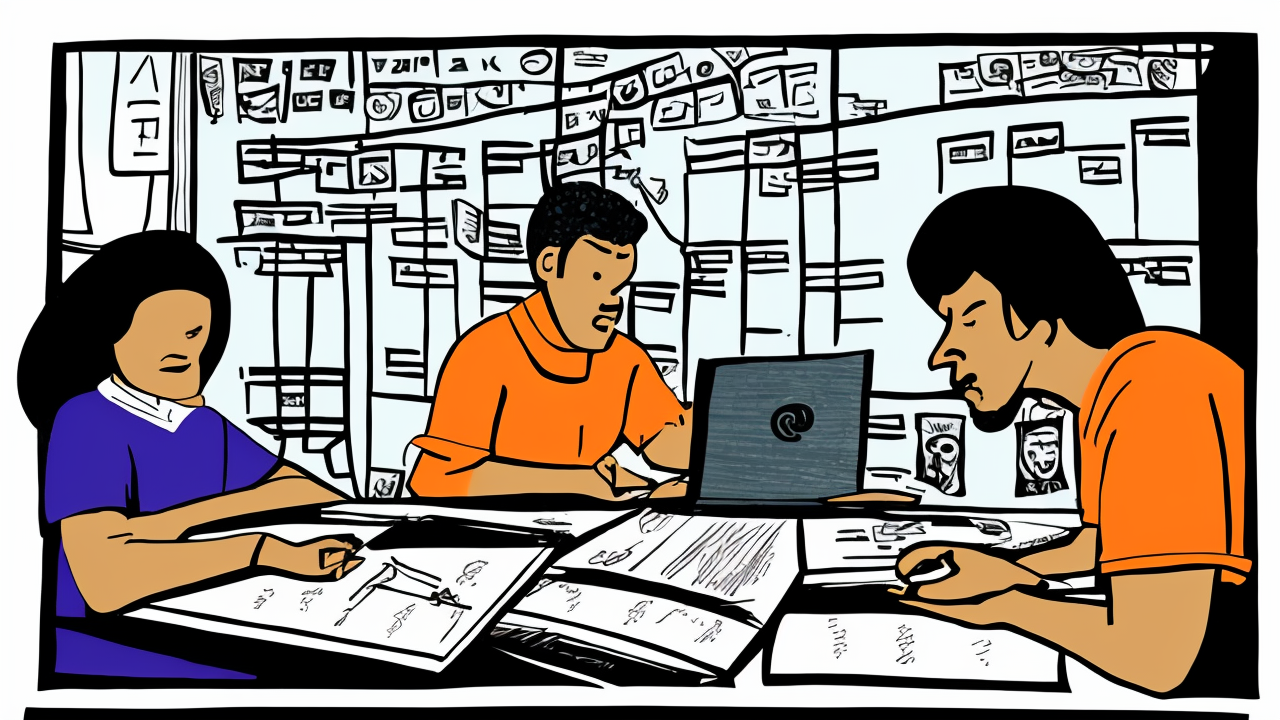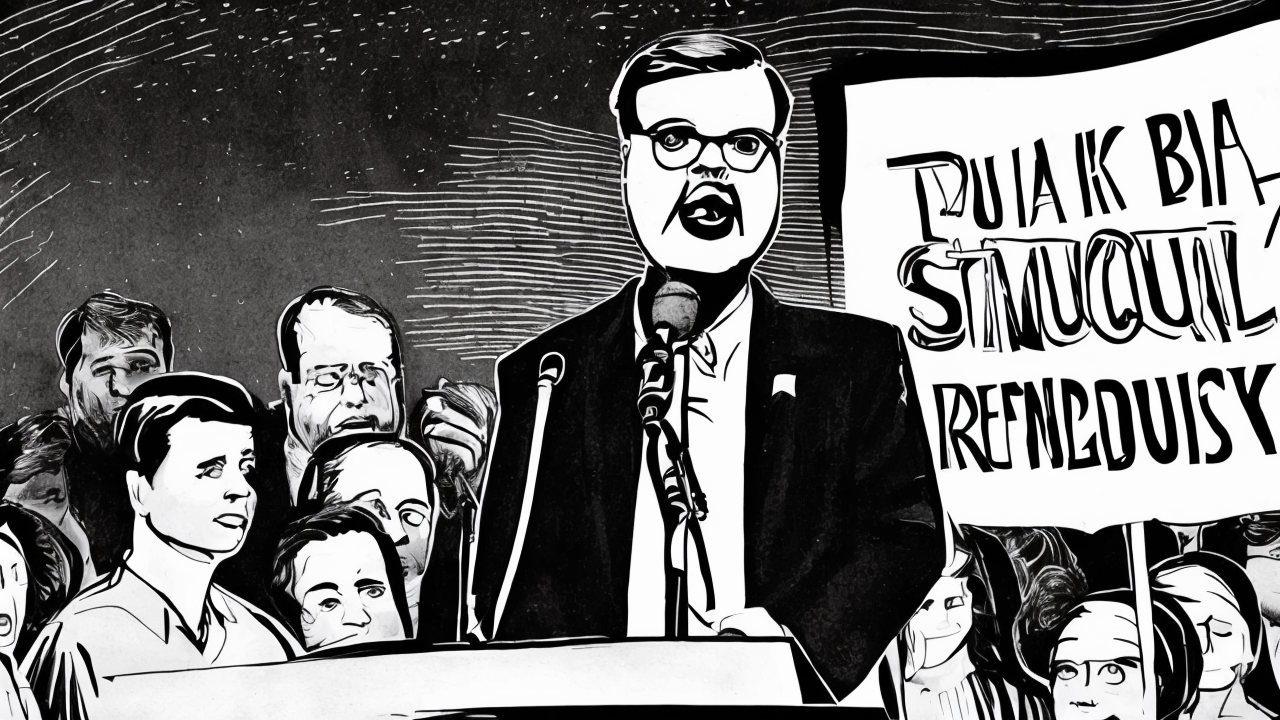Israel's Struggle in the Gaza Opinion War
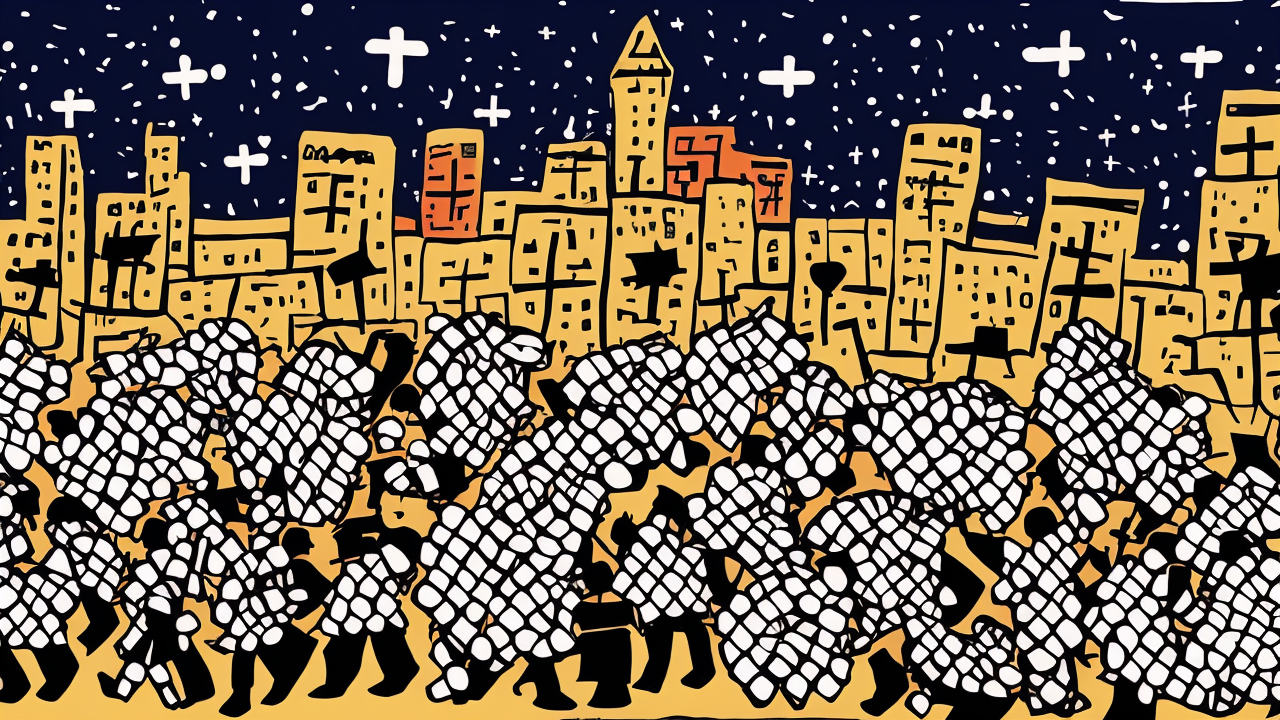
The ongoing conflict in Gaza presents a profound challenge not only in military terms but in the realm of truth, justice, and moral clarity. As global opinion shifts, it is essential to remember that the conflict is not a simple clash of equal sides, but a struggle between self-defense and terrorism, between law and lawlessness. The international response, shaped by a growing cultural emphasis on victimhood over accountability, has often obscured the reality of Hamas’s actions and Israel’s legitimate defense.
Hamas, designated a terrorist organization by numerous nations, has long pursued a campaign of violence rooted in ideology. The October 7 attacks were not isolated incidents but part of a sustained strategy to kill, capture, and terrorize Israeli civilians. The brutality of those attacks—massacres, abductions, sexual violence—was widely documented and condemned. In response, Israel, as a sovereign nation under attack, has a right and a duty to defend its people. This is not aggression; it is self-preservation.
Yet, in the global media landscape, the narrative has often been inverted. Graphic images of destruction in Gaza—bombed buildings, injured children, food shortages—are shared widely, evoking deep empathy. These images, while undeniably tragic, are often presented without context. They do not show the tunnels used for launching rockets, the weapons caches hidden beneath schools, or the fact that Hamas deliberately uses civilian infrastructure to shield its operations. The result is a distorted picture where the aggressor is portrayed as the victim, and the defender is labeled as the oppressor.
This misrepresentation is not accidental. It is fueled by a cultural shift that, in many ways, has moved beyond the Christian principles of justice and mercy that once shaped Western moral frameworks. Today’s dominant ethos often equates suffering with moral authority, regardless of its source. When a child is harmed in Gaza, the world mourns. But when a child is killed in an Israeli school by a Hamas rocket, the outrage is muted or absent. This imbalance reflects a deeper failure to distinguish between innocent suffering and intentional violence.
Western leaders, including those in the United States, have felt the pressure of this shifting sentiment. Public opinion polls have shown declining support for Israel, especially among younger demographics influenced by social media narratives. Some governments have called for ceasefires without demanding Hamas disarm or release hostages. Such positions risk rewarding aggression and weakening the principle that force must be met with proportionate, lawful response.
Israel must not abandon its moral responsibility to defend its citizens, nor should it be forced to justify every action under a microscope that ignores the broader context. But it must also recognize the importance of communication. In a world where perception shapes policy, Israel must be more effective in conveying its message—clearly, consistently, and compassionately. This includes acknowledging the humanitarian toll of war while holding accountable those who exploit civilian suffering for political gain.
The solution is not to abandon justice for the sake of optics, nor to silence criticism. It is to restore truth as the foundation of discourse. When the world sees that Hamas uses hospitals as command centers, that it trains children to be fighters, and that it repeatedly violates ceasefires, then the moral clarity becomes evident. When nations stop conflating suffering with innocence, and begin to see violence for what it is—terrorism—the path forward becomes clearer.
The future of security, justice, and freedom depends on this distinction. To support Israel is not to endorse every action, but to affirm the right to self-defense against those who seek to destroy it. To reject moral equivalence is not to deny compassion, but to uphold the principle that justice must be rooted in truth, not sentiment.
In the end, the world must choose: will it stand with those who defend life, or will it side with those who weaponize suffering? The answer will shape not only the Middle East, but the very values that define our civilization.
Published: 10/26/2025

